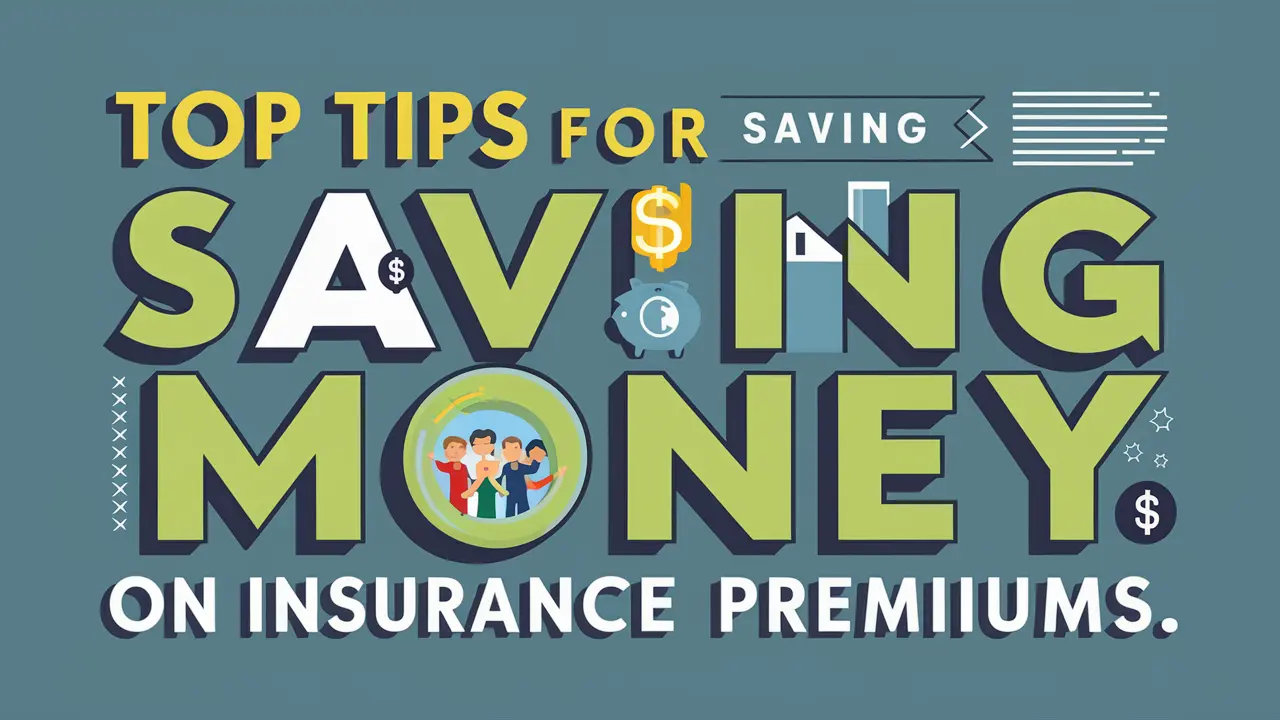Insurance is a crucial part of our lives, helping us protect what matters most. But let’s face it, premiums can be pricey. Don’t worry, though! There are plenty of ways to save money on insurance premiums. This article will walk you through practical tips to help you keep more money in your pocket.
Understanding Insurance Premiums
What Are Insurance Premiums?
Insurance premiums are the amounts you pay regularly (monthly, quarterly, or annually) to keep your insurance policy active. Think of it as a subscription fee for your coverage.
Factors Affecting Insurance Premiums
Several factors determine your insurance premiums, including your age, location, the type of coverage you need, and even your credit score. Understanding these can help you find ways to lower your costs.
Shop Around for the Best Rates
Compare Different Insurance Providers
One of the best ways to save money on insurance premiums is to shop around. Different insurance companies offer different rates for the same coverage. Getting quotes from multiple providers can help you find the best deal.
Use Online Comparison Tools
Online comparison tools make it easy to see what different insurers are offering. These tools let you input your information once and get quotes from various companies, saving you time and effort.
Bundle Your Policies
Benefits of Bundling
Bundling means getting multiple types of insurance (like home and auto) from the same provider. Many insurers offer discounts for bundling, which can significantly lower your premiums.
How to Bundle Your Policies
To bundle your policies, start by checking if your current insurer offers multi-policy discounts. If not, consider switching to a provider that does. Always compare the bundled rate with individual rates to ensure you’re getting the best deal.
Raise Your Deductible
What is a Deductible?
A deductible is the amount you pay out of pocket before your insurance kicks in. For example, if you have a $500 deductible and a $2,000 claim, you pay $500, and your insurer covers the remaining $1,500.
Pros and Cons of Raising Your Deductible
Raising your deductible can lower your premium because you’re agreeing to pay more out of pocket in the event of a claim. However, make sure you can afford the higher deductible if you need to file a claim.
Maintain a Good Credit Score
How Credit Score Affects Premiums
Insurers use your credit score to help determine your premium. A higher credit score often means lower premiums because it suggests you’re a responsible person who’s less likely to file claims.
Tips for Improving Your Credit Score
Pay your bills on time, keep your credit card balances low, and avoid opening too many new accounts at once. Regularly checking your credit report for errors can also help you maintain a good score.
Take Advantage of Discounts
Common Insurance Discounts
Many insurers offer discounts for things like safe driving, being a good student, having a security system in your home, or even being a loyal customer.
How to Qualify for Discounts
Ask your insurer about all available discounts. You might need to provide proof, such as a good report card or evidence of a security system. Also, regularly review available discounts to ensure you’re getting all that you qualify for.
Drive Safely and Avoid Claims
Impact of Claims on Premiums
Frequent claims can lead to higher premiums because insurers see you as a higher risk. By driving safely and avoiding accidents, you can keep your premiums lower.
Tips for Safe Driving
Follow traffic laws, avoid distractions while driving, and maintain your vehicle regularly to ensure it’s in good condition. Safe driving habits can help you avoid accidents and keep your insurance costs down.
Review Your Coverage Regularly
Why Regular Reviews Are Important
Your insurance needs can change over time. Regularly reviewing your coverage ensures you’re not paying for unnecessary coverage or missing out on needed protection.
How to Review Your Coverage
Set a reminder to review your policies annually. Look at any changes in your life, like a new car or home renovations, and adjust your coverage accordingly. Talking to your insurance agent can help you make informed decisions.
Consider Usage-Based Insurance
What is Usage-Based Insurance?
Usage-based insurance (UBI) is a type of car insurance where your premium is based on how much and how safely you drive. Insurers use telematics devices to track your driving habits.
Benefits of Usage-Based Insurance
If you’re a safe driver who doesn’t drive much, UBI can significantly lower your premiums. It rewards good driving behavior and can be a cost-effective option for many.
Conclusion
Saving money on insurance premiums is possible with a little effort and know-how. By shopping around, bundling policies, maintaining a good credit score, and taking advantage of discounts, you can reduce your insurance costs. Remember to review your coverage regularly and consider all available options to keep your premiums as low as possible. Happy saving!

